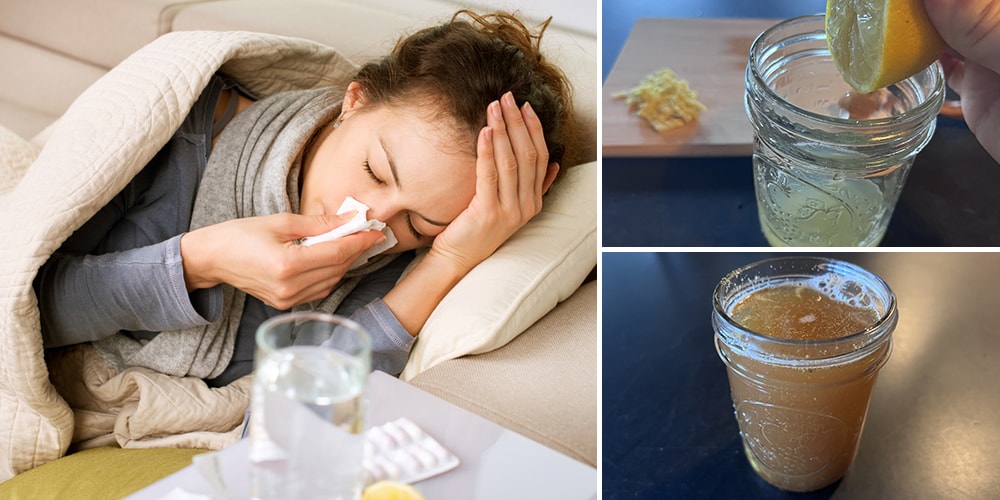
7 Signs It Could Be More Than a Cold
Most of us are familiar with the classic symptoms of a cold, especially during the fall and winter months. It’s easy to dismiss sniffles and a sore throat as just another seasonal bug, but sometimes what seems like a regular cold can turn into something far more serious. With so many viral and bacterial infections going around, it’s important to be aware of your symptoms to know when to stay home or see a doctor. In this post, we’ll explore the seven warning signs that your “cold” might be something more concerning.
The Common Cold
A cold is just a general term used to describe a mild viral respiratory infection. There are over 200 different viruses floating around that are classified as a common cold. The most common viruses that cause your seasonal sniffles are rhinoviruses and coronaviruses (not to be confused with the coronavirus that causes COVID-19). A common cold usually involves symptoms like a runny nose, sneezing, scratchy throat, and coughing. Although colds are highly contagious, they usually resolve independently after 4-7 days of mild discomfort.
Signs It Could Be More Than a Cold
Sometimes what you think is a cold can be accompanied by more severe symptoms and complications. When that happens, it’s important to consider that it may be a different type of viral or bacterial infection that may require more intensive treatment.
Illnesses like influenza, RSV (Respiratory Syncytial Virus), pneumonia, and COVID-19 can initially appear like a regular cold unless you know what to look for.
Fever
One of the first red flags that your cold may be something more serious is a fever. Most common colds either do not come with a fever or can present with a mild fever under 100.4°F. If you notice that your fever gets above that, you may have something more serious like the flu or a bacterial infection.
A fever is your body’s way of fighting off serious infections, so if you have this symptom, your body is definitely battling something big. It’s not necessarily bad to let a fever run its course, as long as you are a healthy adult with no other serious conditions. Letting a fever get too high for too long can be dangerous, so make sure to consult a medical provider if you’re concerned.
Body Aches
Another symptom that usually suggests you’re dealing with something more serious than a cold is body aches. While a cold might leave your body feeling mildly uncomfortable, having aches in your bones and muscles usually means you’re dealing with a viral condition like the flu or one of the other serious infections. Body aches are another sign that your immune system is battling something big.
Coughing Up Phlegm or Blood
While a mild cough is no reason for concern, coughing up phlegm can be a sign of a more serious viral or bacterial infection taking place in your lungs. Phlegm that is discolored (green, yellow, or brown) is especially concerning and could indicate a condition like pneumonia or bronchitis. The problem with bacterial infections is that you might need the help of antibiotics to stop it from getting worse, so don’t ignore this symptom.
Coughing up blood is another sign that you should never ignore. A common cold would not cause blood when you cough, so if you notice this symptom, you should schedule a doctor’s appointment right away. Coughing up blood can be a sign of very severe issues like pneumonia, pulmonary embolism, tuberculosis, or even lung cancer. It’s best to get this one checked out.
Throat Redness or Discoloration
While it’s normal to have a bit of a sore and irritated throat during a regular cold if you are experiencing severe throat pain, redness, swelling, and discoloration, that could be a sign of a more serious infection.
For example, strep throat is a bacterial infection that often presents with severe pain and white spots on the throat. It can only be treated with antibiotics and can cause severe complications if left untreated.
If you notice that your throat suddenly becomes sore and develops redness or spots, it might be a good indication that you’re dealing with something other than a basic cold.
Difficulty Breathing
Having difficulty breathing while you’re sick is a serious warning sign that can be associated with a lot of concerning conditions like asthma, pneumonia, allergy, COVID-19, and even heart issues. If you are noticing consistent difficulty breathing, you’re likely dealing with a more serious issue than the common cold.
Stomach Issues
Another common viral symptom that often accompanies some viruses but doesn’t usually happen during a regular cold is stomach issues. If you are experiencing diarrhea, vomiting, and nausea, you’re likely dealing with a different kind of bug. Most viral infections that present this way tend to resolve on their own, but if your symptoms last longer than 2-3 days, you may be at risk of serious complications. Infections that can cause these symptoms include influenza, norovirus, listeria, and gastroenteritis.
Antiviral Immunity Shots Recipe
Whether you’re fighting off a common cold or battling one of the more serious viral or bacterial infections, boosting your immune system with the help of natural remedies is going to go a long way.
A potent way to do this is by taking these antiviral immunity shots made with powerful ingredients that have been proven to fight viruses and bacteria while strengthening your immune system. Here’s how to make your own Antiviral Immunity Shots at home using fresh lemon, ginger root, honey, cayenne pepper, and echinacea.
Lemons (malum citreum) are rich in vitamin C and help support the immune system when fighting pathogens. Ginger (Zingiber officinale) has anti-inflammatory and antibacterial properties, it can also soothe a sore throat and calm the stomach. Honey, especially raw local honey, is known for having antiviral and antibacterial properties and has been shown to shorten the duration of colds and flu. Cayenne pepper (Capsicum annuum) stimulates the antibody production in your system and helps your body fight off viral and bacterial pathogens. Lastly, echinacea (Echinacea purpurea) is a widely-studied herb that is shown to reduce the duration of viral respiratory infections by 1-4 days due to its powerful immune-boosting properties.
I’ve also tried the Echinacea Sore Throat Gargle recipe from the Wilderness Long-Term Survival Guide and it works fast for me whenever I’m down with the flu or common cold.
Ingredients:
- 1 large lemon
- 2-inch piece of ginger root
- 2 tbsp of raw honey
- 1 tsp of cayenne pepper
- 1 cup of echinacea tea, cooled
Instructions:
- Prepare the echinacea tea by pouring boiling water over an echinacea tea bag (or 1 tbsp dried echinacea) and allowing it to steep until cooled. Strain if needed.

- Peel the ginger and grate it.

- Juice the lemon into a small jar or glass. Aim for at least 2-3 tbsp of fresh lemon juice.

- Add the raw honey and stir until fully dissolved.

- Add the ginger and sprinkle the cayenne pepper into the mixture – adjust to taste as it can be quite spicy.
- Add the cooled echinacea brew to dilute the mixture. I like to use ½ – 1 cup of liquid, depending on how strong the rest of the mixture is.
 Serve in a small shot glass every morning and evening during acute illness. You can always take a shot a day during the cold and flu season as a preventative measure. Each recipe should make 5-6 shots.
Serve in a small shot glass every morning and evening during acute illness. You can always take a shot a day during the cold and flu season as a preventative measure. Each recipe should make 5-6 shots.
Note: it will be spicy, so have a chaser ready! Keep the unused mixture in the fridge for up to 1 week and use as needed.
It’s so important to pay attention to your symptoms and recognize when they deviate from the typical pattern of a common cold. Understanding these red flags can be instrumental in catching a more serious disease early enough to get the proper treatment and prevent complications. While it helps to use immune-boosting remedies, like the antiviral immunity shots we shared in this post, keep an eye out for any signs that your condition is getting worse and seek help when necessary.

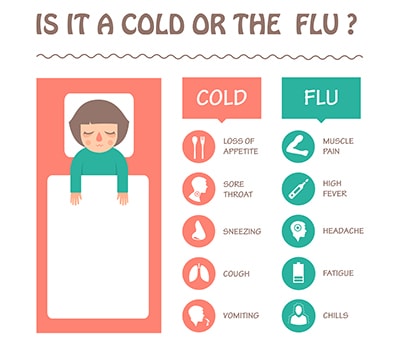

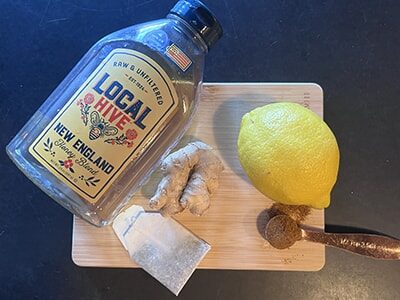
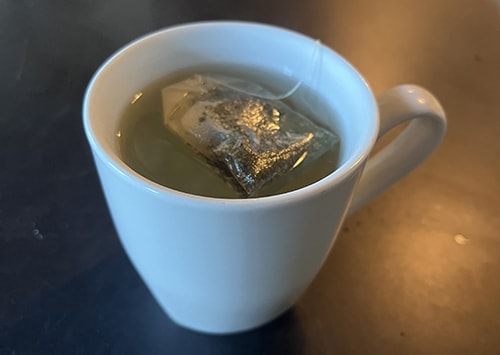

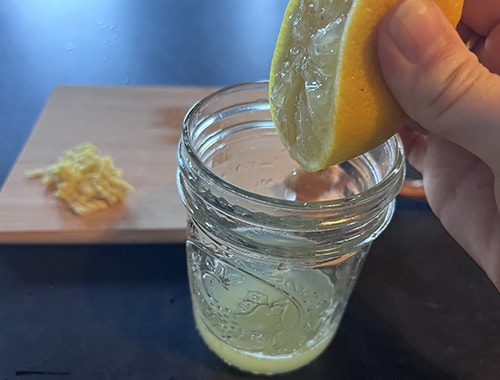

 Serve in a small shot glass every morning and evening during acute illness. You can always take a shot a day during the cold and flu season as a preventative measure. Each recipe should make 5-6 shots.
Serve in a small shot glass every morning and evening during acute illness. You can always take a shot a day during the cold and flu season as a preventative measure. Each recipe should make 5-6 shots.

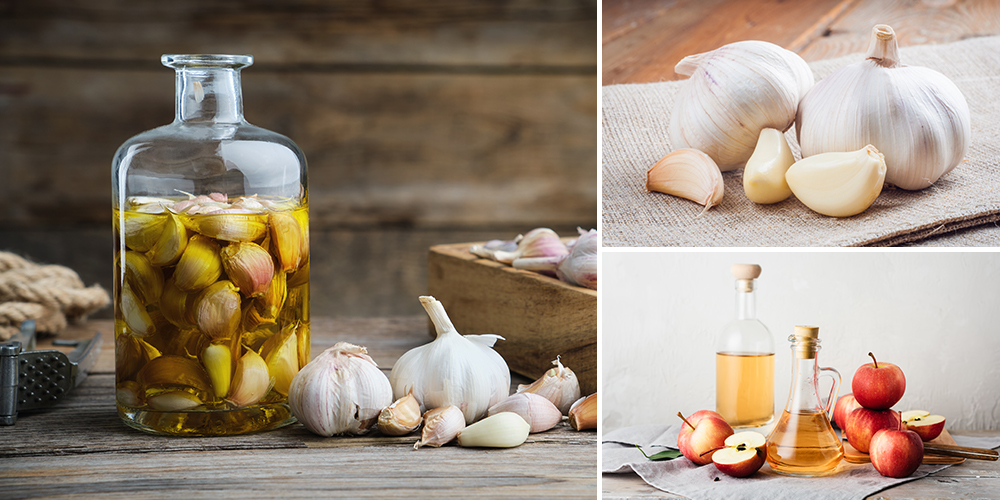
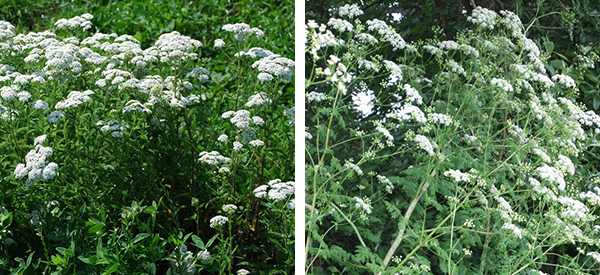

Will it be beneficial to use ginger powder instead of raw?
Thank you
Hi Erin,
Both ginger powder and raw ginger offer health benefits, with raw ginger having a higher concentration of bioactive compounds and enzymes. While ginger powder is more convenient, the choice between the two depends on individual preferences and the intended culinary or health application.
Many blessings and good health!